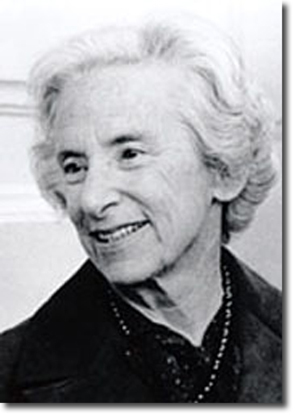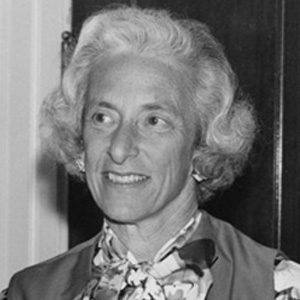

The Dutch discovered that national pride without the means to back it up led them into a disastrous war with far reaching consequences.  Hamilton might as well have been writing about the Dutch in Federalist 11, In general, the Americans, facing many of the same decisions of statehood as the Dutch, came to more sensible solutions, no doubt because they were fortunate in the sensible and sophisticated political thinkers to whom their constitution is owed. Like the American colonists from Britain 140 years later, the Dutch fought tooth and nail for their independence from Spain. They were an industrious and innovative people who literally created the very land on which their country stood.  What the Dutch lacked, however, was unity. According to Tuchman, “Money and empire had not charms enough to placate separatism in the Netherlands and lure the Dutch toward unity … every man called himself a Haarlemer or Leydener, or Amsterdammer, identifying with his city, rather than his nation - to its loss.” They ended up with a system that was so ineffectual as to be nearly incapacitated. “Dutch government was so restricted by its method of policy making as to be as impotent as Gulliver, tied down by the strings of the Lilliputians.” John Adams must have taken home some lessons based on the frustrations that he experienced from having to deal with this government. Tuchman offers the following comparison of the two roads taken, one by the Dutch and one by the Americans. 2 Tuchman takes the reader on a narrative of Dutch history that provides a background of European politics leading up to the American Revolution. The history of the Dutch republic is a cautionary tale of what Hamilton warned in the early Federalist Papers.

1 This marked the first time a foreign official formally acknowledged the sovereignty of the United States of America. That’s when the harbor’s Fort Orange fired it’s guns in salute of the Andrew Doria, an American brig flying the stripes, if not stars of the incipient nation. Eustatius, a Dutch possession in the West Indies, raised a tremendous hubbub on the world stage.


 On November 16th, 1776, the seemingly innocuous island of St. The title of the book, The First Salute, refers to the first official diplomatic recognition of the United States as a distinct, separate, sovereign entity. Barbara Tuchman’s First Salute: A View of The American Revolution is a look at the American War of Independence from an external perspective. The coverage of events in America is almost tangential to the story Tuchman has to tell. Much of what she relates has a refreshingly different focus from other histories and biographies covered thus far at WWTFT.


 0 kommentar(er)
0 kommentar(er)
